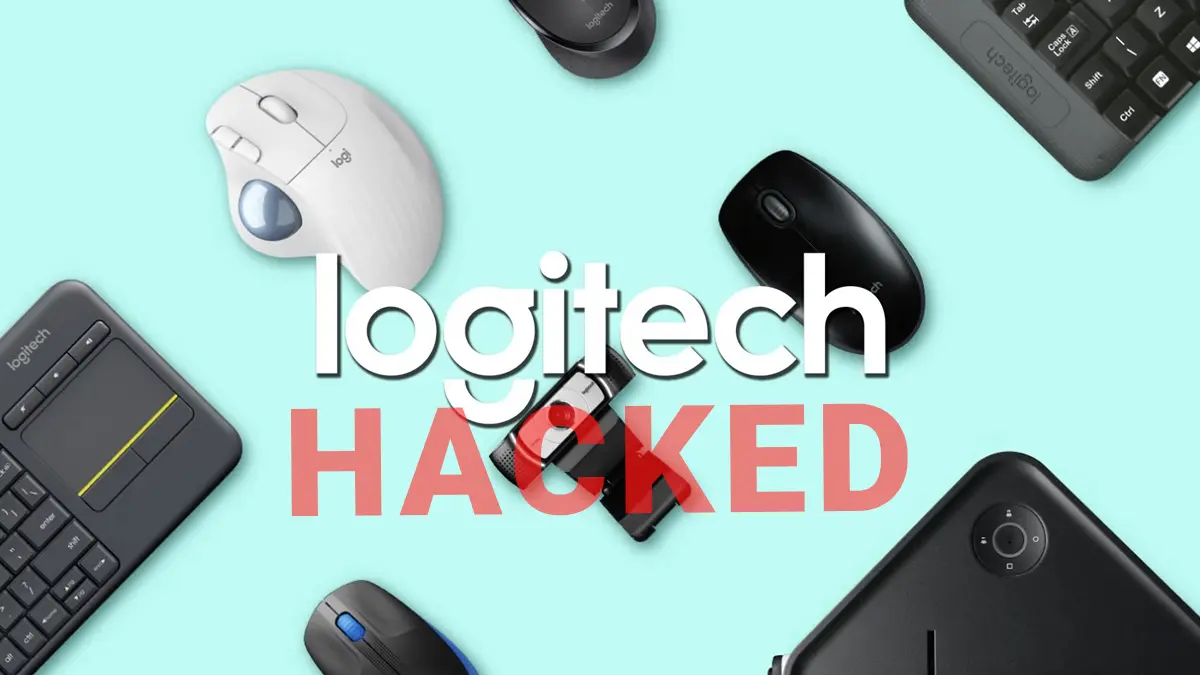Logitech has officially confirmed a significant data breach following a cyberattack attributed to the notorious Clop extortion gang, the same cybercriminal group responsible for a series of aggressive zero-day exploitation campaigns targeting global enterprises. The breach, disclosed in a recent SEC filing, marks yet another chapter in the escalating wave of attacks linked to compromised Oracle E-Business Suite systems.
The Swiss multinational, known for its computer peripherals, gaming accessories, video collaboration devices, and consumer electronics, revealed that hackers successfully exfiltrated company data. However, Logitech emphasized that the incident did not impact its product functionality, manufacturing operations, or overall business continuity. Upon discovering the intrusion, the company engaged top-tier cybersecurity firms to support mitigation and investigation efforts.
According to Logitech, the stolen data appears to include limited information related to employees, consumers, customers, and suppliers. Importantly, the firm stated there is no evidence that highly sensitive data—such as government ID numbers or payment card information—was stored on the compromised systems. This detail suggests that the breach, while disruptive, may not carry the same level of consumer risk seen in previous Clop-related incidents.
The root cause of the attack has been linked to a third-party zero-day vulnerability, which was patched promptly once a fix became available. Although Logitech did not explicitly identify the vendor, the circumstances strongly align with a recently disclosed Oracle E-Business Suite zero-day, tracked as CVE-2025-61882, which Clop exploited in a widespread data-theft campaign this July.
Clop reportedly published 1.8 TB of stolen Logitech data on its extortion site last week, escalating pressure on the company to acknowledge the breach publicly. This tactic is consistent with the gang’s long-running strategy of exfiltration-based extortion, where stolen data—not encryption—is used to coerce victims into paying ransoms.
Security researchers from Google and Mandiant have confirmed that dozens of organizations received threatening emails from Clop, warning them that confidential data had been siphoned from their Oracle environments. The gang threatened public leaks unless ransom demands were met.
Clop’s track record for exploiting zero-day vulnerabilities is extensive and deeply damaging. Previous high-profile attacks include the Accellion FTA breach (2020), SolarWinds Serv-U exploit (2021), GoAnywhere MFT breach (2023), the catastrophic MOVEit Transfer campaign affecting 2,773 organizations worldwide, and multiple Cleo file-transfer zero-days in 2024. The 2025 Oracle campaign has already affected recognized institutions such as Harvard, Envoy Air, and The Washington Post.
Conclusion: Logitech’s breach underscores a growing cybersecurity crisis centered around supply-chain and third-party vulnerabilities. As threat actors like Clop increasingly exploit enterprise software weaknesses at scale, businesses must strengthen their patching processes, enhance incident detection capabilities, and adopt zero-trust principles. The Logitech incident is another warning: attackers no longer rely on ransomware alone—data theft and extortion have become the preferred weapon in modern cyber threats.






